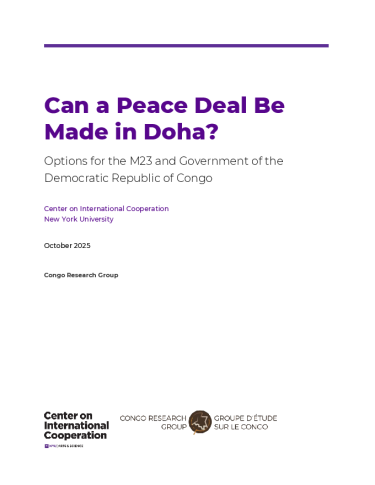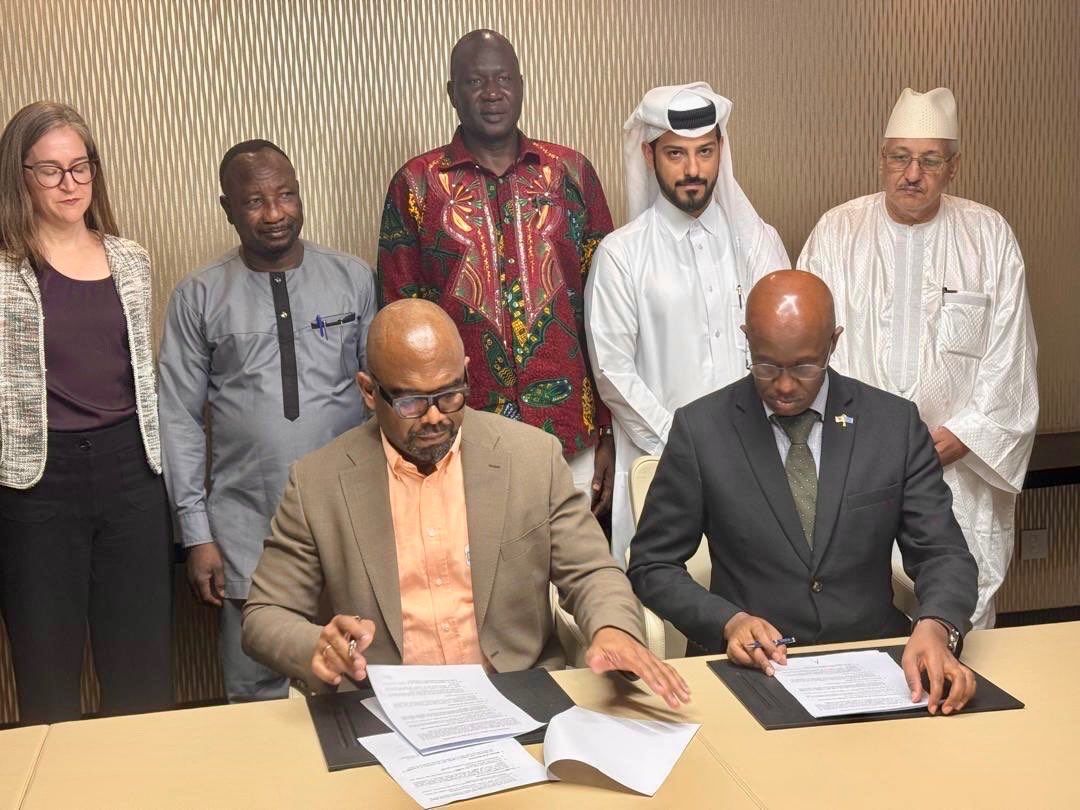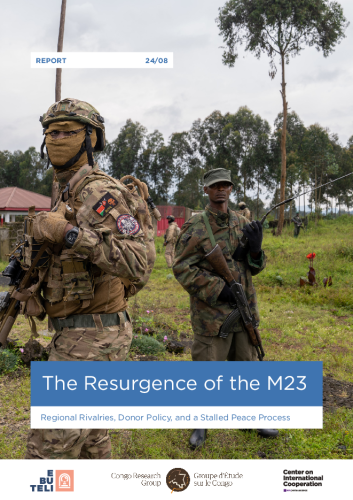A year ago, talks between this Rwanda-backed rebel group and the Congolese government seemed impossible. As late as February 2025, Congolese President Félix Tshisekedi continued to rule out direct negotiations with the M23—a group he has described as Rwandan “puppets.” But a combination of international pressure and, perhaps, a growing realization that a military solution to the conflict is impossible, led Tshisekedi to authorize direct talks with the group. These talks began in April of this year.
The springtime appeared full of momentum for peace in the DRC. After the M23 succeeded in seizing the cities of Goma and Bukavu in January and February, its northwestern expansion near a major tin mining site was halted, mainly due to pressure from the United States and European Union (EU). The new US Senior Advisor for Africa, Massad Boulos, a Lebanese-American businessperson with ties to the African continent (and Tiffany Trump’s father-in-law), became deeply involved in pushing the DRC and Rwanda to negotiate. These talks followed a surprise meeting, convened by Tamim bin Hamad Althani, Emir of Qatar, between President Tshisekedi and Rwandan President Paul Kagame in Doha on March 18.
In April, the US began to focus on a peace agreement between the DRC and Rwanda, while Qatar took the lead in negotiations—which by then had been accepted by the Congolese—between the DRC and M23. The Trump administration sought to structure the negotiations around a series of carrots and sticks, including promises of US investment in both countries, and the threat of American political and economic pressure for non-compliance. On June 27, 2025, a peace agreement was signed, with much pomp and ceremony, in Washington, DC, between the two countries’ foreign ministers. An Oval Office photo-op followed. But the question of the M23—a movement that Rwanda formally denies backing, despite substantial evidence to the contrary—and its own grievances, remained.
While Rwanda, DRC, and the US began negotiating a US-proposed Regional Economic Integration Framework (REIF) in Washington, Doha moved forward with the DRC–M23 talks. These produced a “Declaration of Principles” in July. However, progress has been relatively slow since the summer.
The two sides agreed on a prisoner exchange mechanism (but not the actual lists of prisoners) in mid-September. Yesterday, a ceasefire monitoring mechanism was also agreed on. Sources indicate that they have now begun the long process of trying to hammer out an actual peace agreement—one that will have to address fundamental issues, such as the fate of the M23 and its political umbrella, the Alliance Fleuve Congo (AFC); refugee return; disarmament, demobilization and reintegration; communal reconciliation; economic development; and local political administration of the Kivus.
This options paper is designed to lay out some of the thorny issues that both parties will likely have to grapple with as they negotiate. Some of these may be too difficult to address in depth in a peace agreement. One thing that external actors—including US Senior Advisor Boulos—seem to have understood is that an agreement necessarily constitutes a step in a process rather than an end in itself. This paper is deliberately laden with examples—however imperfect—from other parts of the world, and brief assessments of the successes and failures of previous Congolese peace processes.
We conclude by outlining five options, ranging from the one closest to the DRC’s starting negotiating position to that of the M23. By publishing this paper, we hope to stimulate thought and discussion among the parties to the negotiations, as well as the Congolese public, in the pursuit of an agreement that is both possible and just.
Photo: Screenshot from X (formerly Twitter) account, @US_SrAdvisorAF (US Senior Advisor for Arab and African Affairs) on October 14, 2025, https://x.com/US_SrAdvisorAF/status/1978105204529664044.



